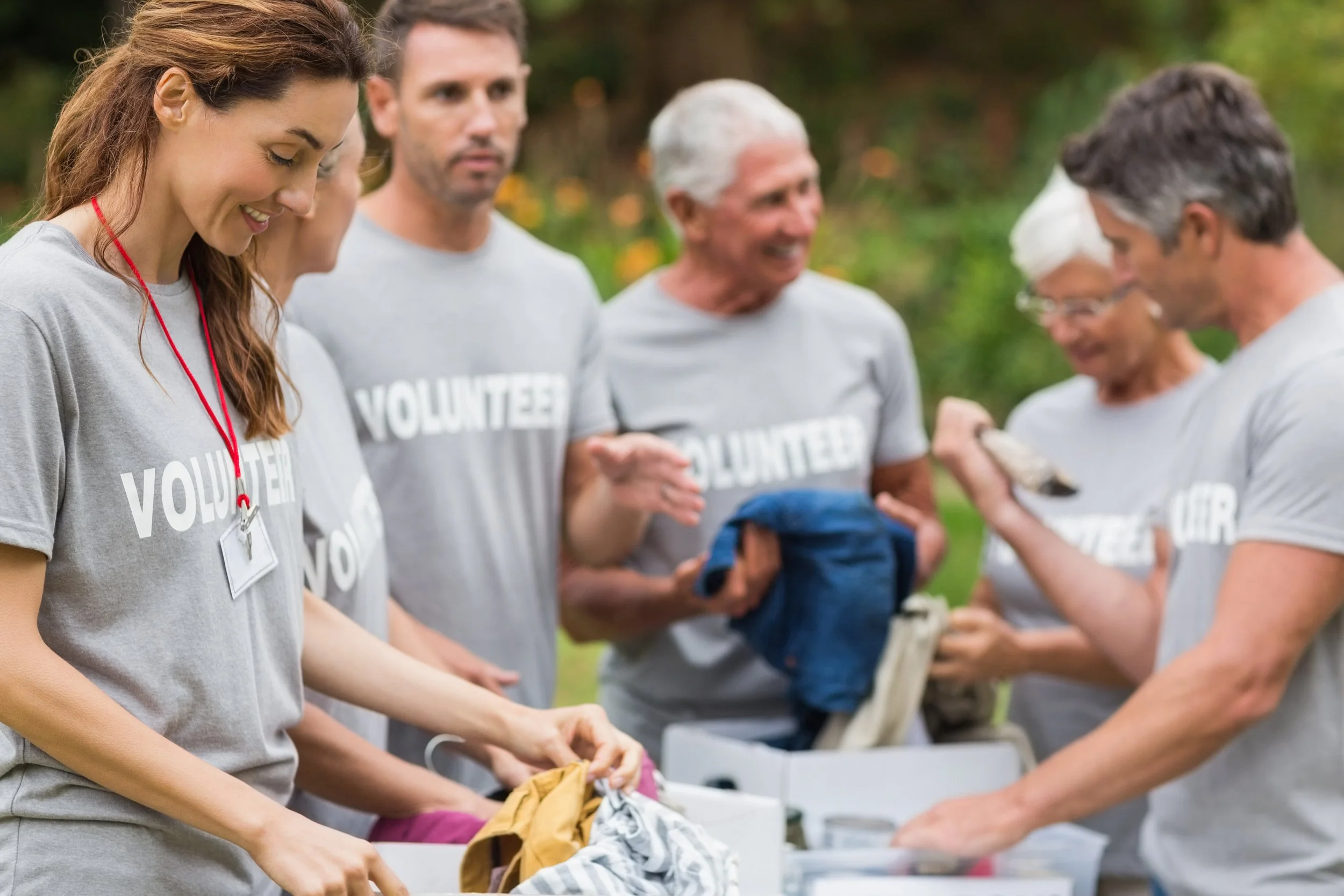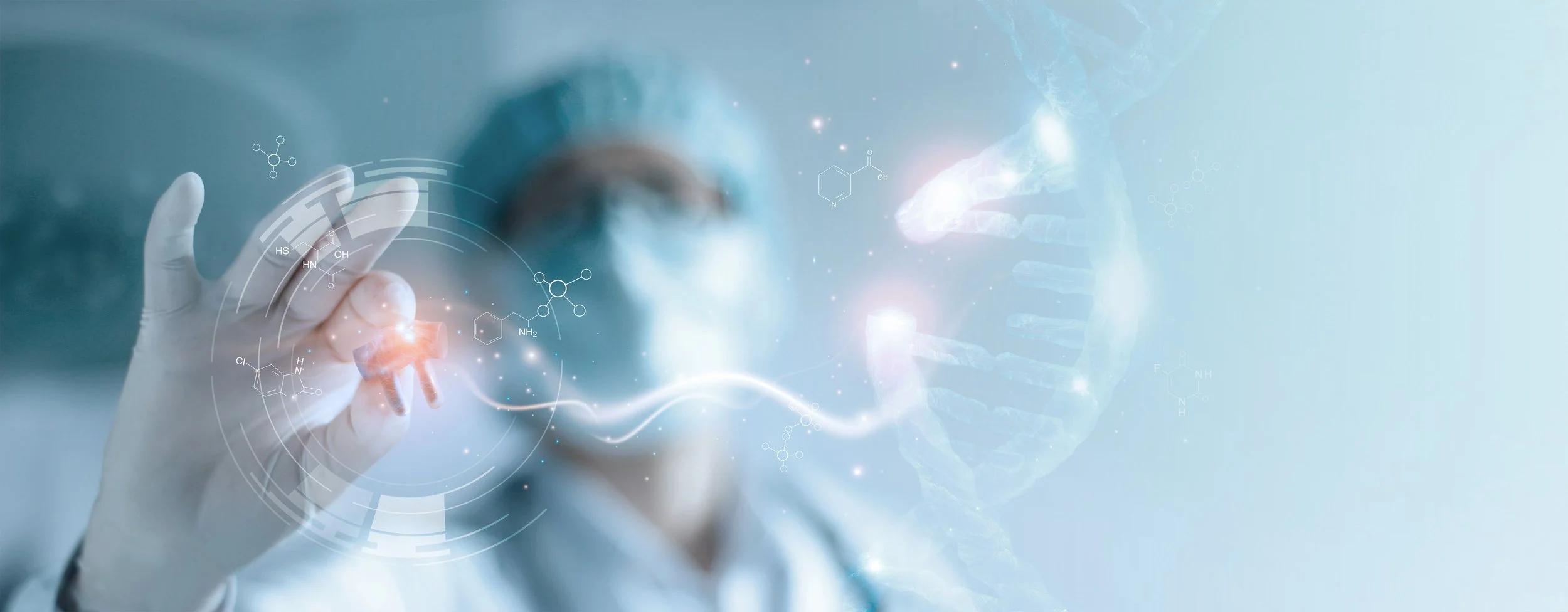We’ve had a busy year, and we want to share it with YOU!
We have been working on our research project for approximately 1 year now, and we believe it’s time to provide an update to all our supporters on what we’ve accomplished in that time.
NextGen ALS has been busy in 2021! The Weber family kicked things off by donating over $100,000 of their own money to get the research efforts off to a good start. In October we hosted our annual meat raffle event, which brought in approximately $25,000, and in December we ran our first annual mailing campaign, which raised over $65,000. We would also like to thank some very generous businesses, foundations, and individuals for their contributions over the past year. Because of the generous donations of Primerica, Navitus, Vizance, and a number of other silent donors, we have raised over an additional $50,000. As we look forward into 2022, we anticipate reaching our $250,000 goal before the summer. Once we’ve reached our financial goal for Phase 1 of the research effort, we will work with our parent nonprofit, Project ALS, to set a new goal for Phase 2.
To start, there are 2 goals of this project. The first is to develop a detailed characterization of the mutated CHCHD10 R15L gene through in vitro and in vivo studies (CHCHD10 R15L is the deformity which NextGen ALS is currently trying to silence). The second is to test therapeutic strategies to treat the genetic ALS caused by the mutated CHCHD10 gene.
To accomplish our first goal, a vast supply of mice was produced through intense breeding strategies, which carry the deformed gene. These mice are assessed biweekly for the onset of abnormal symptoms. Since these R15L mice do not develop obvious observable traits early in life or die prematurely, strategies are also being adopted to enhance the disease manifestations. These include breeding the mice to carry the mutant CHCHD10 gene on both alleles (i.e., homozygosity), and a diet-based approach to exacerbate metabolic alterations that have been observed in a similar mouse model (CHCHD10 S55L). Additionally, our team is doing some biochemical work to understand what the mutant protein is doing in the brain and spinal cord. They have collected tissue to do these experiments, and we are expecting to see results from this in the next few weeks.
As a complementary approach to the mouse studies in vivo, our team is also studying in vitro cultured human motor neurons which Wiell Cornell Medicine and Columbia University have derived from cells that carry CHCHD10 mutations (S55L and R15L) and related control cell lines. In the past months, these cultures have been expanded and our team has begun to differentiate them into motor neurons. Characterization of CHCHD10 mutant motor neurons will begin in the very near future.
The second major goal of this project is to test therapeutic strategies in the mouse models. One strategy is to decrease the levels of CHCHD10 by administration of antisense oligonucleotides (ASO). Ionis Pharmaceuticals has developed candidate ASOs and we have tested two of them in vitro. Both ASO candidates successfully reduce CHCHD10 in spinal cord motor neuron-like cells, as well as in mouse embryonic fibroblast (MEF) cells. In the MEFs, the ASO tested significantly reduced both normal and mutant forms of CHCHD10. Ionis Pharmaceuticals has also recently provided an ASO for in vivo use in mice, which will be tested in mutant mice to evaluate their therapeutic effects. The team at Weill Cornell Medicine is planning to test this on the S55L mutants first while they work to more fully understand the R15L mutation in mice.
The other strategy that is being developed for the treatment of CHCHD10 mutant mice involves dietary supplementation with molecules (metabolites) that are lacking in these mice or that can booster mitochondrial function. Our team has started to test two different diet-based approaches in S55L mice, and we estimate that we will be able to assess if they obtain the expected beneficial effects over the next 8-12 months, as the mice start manifesting symptoms at approximately 8 months of age. As mentioned above, our team has started to treat a pilot cohort of R15L mice with a “metabolite depletion” diet, which lacks three metabolites that we deem to be critical based on our recent studies. The effects of the metabolite depletion diet will be evaluated in the R15L cohort of mice over the next 18 months. We expect that depletion of key metabolites in the diet will exacerbate the disease in the R15 mice providing us with a tractable model to evaluate the effects of ASOs and other therapeutic approaches.
In addition to this, in October 2021, three members of the Weber family traveled to Weill Cornell Medicine and Columbia University to provide physical samples for testing and research, and to tour the Weill Cornell Medicine laboratories where the testing is being conducted. We are also currently working with the team at Project ALS to set up a Midwest Region sample collection site in the Wisconsin area, which would make it much easier to provide future samples.
As a closing comment, our collaborating partners are working diligently to develop relationships with other organizations which will help to expand the reach of our initiative and provide potential funding for future stages of our project, most notably into clinical trials. We are extremely excited for the future of this initiative, and we look forward to continuing our efforts and hard work. It has always been our goal to bring hope to those families with genetic ALS, and with your support we are confident that we can achieve that goal. Thank you so much, and we are so hopeful for what the future holds.
Stay in the Loop
If you have any questions, you can contact our co-chairs, Richard Weber and Cathy Kettner… their contact information is below. We also encourage you to look over our website for more information about our story, and our struggle against ALS. Lastly, please follow us on social media, and share information with friends and family to help raise awareness about ALS. Join the fight, and together we can end Genetic ALS!
Richard Weber - (616)403-7489
Cathy Kettner - (920)213-6866
ALS.NextGen@gmail.com



